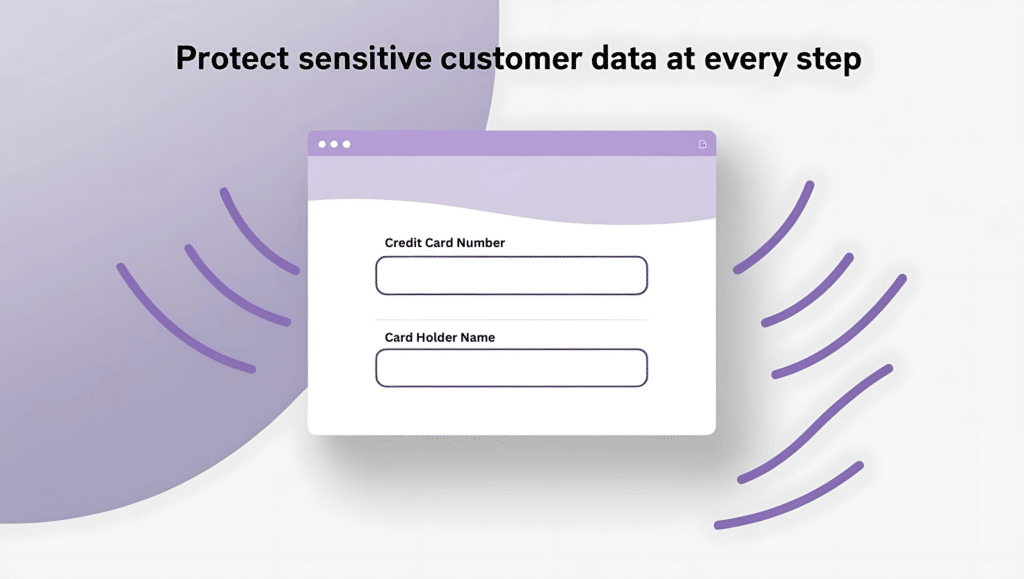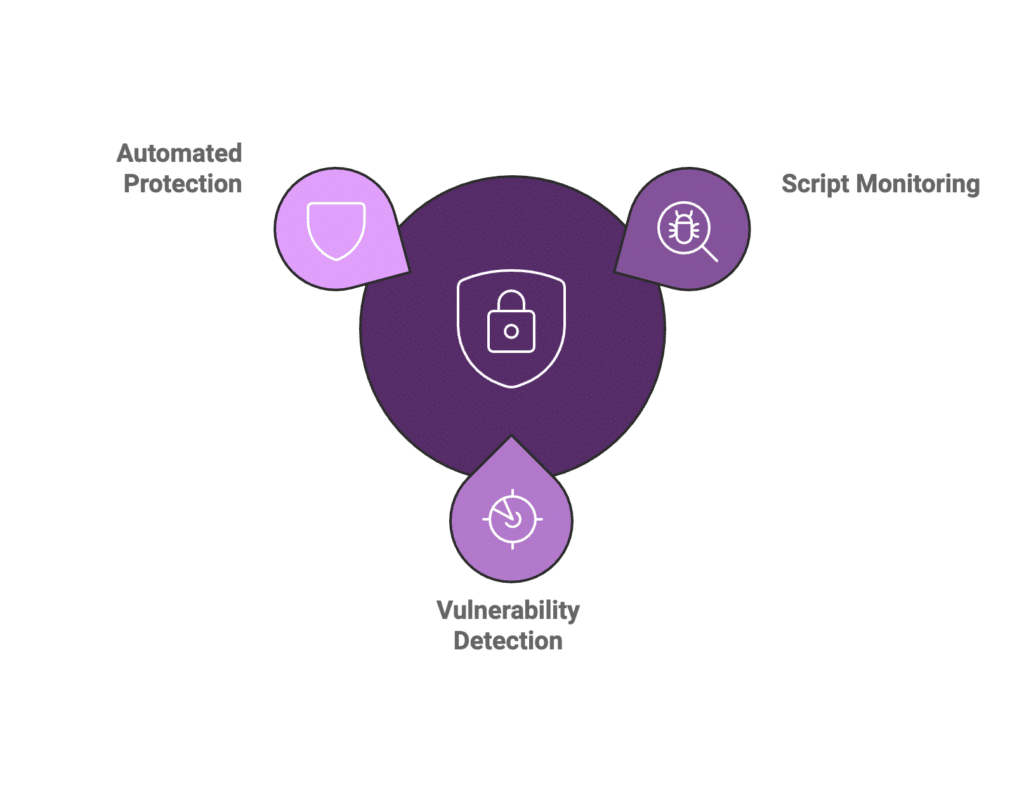Source: securityboulevard.com – Author: mykola myroniuk
If you are a security, compliance, and privacy professional, it’s time to focus on an often-ignored issue—client-side security. While many organizations dedicate significant resources to protecting their servers, there’s a critical question to consider: are you also safeguarding what’s happening on your users’ browsers?

Every time a user visits your website, their browser downloads and runs code. This can range from simple images to complex JavaScript applications. Unfortunately, this is where attackers often strike, exploiting the client-side to access sensitive information like login credentials, credit card data, and personal details. Think of it this way: you wouldn’t leave your home’s front door unlocked, right? Ignoring client-side vulnerabilities is like leaving your front door wide open for intruders.
What Risks Are Hiding on Your Website?
Several sophisticated threats leverage client-side weaknesses, putting both your company and customers at risk:
- E-skimming: Imagine a customer entering their credit card information on your checkout page, unaware that malicious code embedded on your site is stealing it in real-time. This is the essence of e-skimming.
- Formjacking: Similar to e-skimming, formjacking allows attackers to capture any information submitted via web forms, such as usernames, passwords, addresses, and phone numbers.
- JavaScript Injection: Attackers insert harmful JavaScript into your website, enabling them to hijack accounts, redirect users to malicious sites, or directly steal sensitive data.
A Real-World Wake-Up Call
Gusto, a payroll and HR software platform with over 200,000 customers, provides a telling example of the growing threat landscape. Frederick “Flee” Lee, Gusto’s Chief Security Officer, emphasizes how attackers are shifting their focus from traditional server-side approaches to targeting the client-side. The implications are clear: client-side attacks are not hypothetical; they are happening now.
Is Your Organization Vulnerable?
Here are key questions to evaluate your risk level:
- Do you track all first- and third-party scripts running on your site? Unmonitored scripts could harbor unauthorized trackers or malicious code.
- Are you proactively scanning for JavaScript vulnerabilities? Attackers innovate constantly; staying ahead of their tactics is essential.
- Do you utilize automated tools to address vulnerabilities? Manual methods are both error-prone and time-consuming. Automation is crucial for efficiency and accuracy.
Client-Side Security Demands Priority
Convincing stakeholders to prioritize client-side security may require translating technical risks into business impact:
- Quantify the risk: Highlight how a single attack could lead to costly legal penalties, regulatory scrutiny, and lasting reputational damage.
- Share real-world examples: Use cases like Gusto’s proactive approach can demonstrate the importance of addressing client-side vulnerabilities.
- Make it personal: Illustrate how client-side breaches could undermine customer trust—a loss no organization can afford.
Proactive Defense Is the Best Offense
Leading organizations, like Gusto, have partnered with tools like Feroot Inspector to strengthen client-side defenses. Here’s how Feroot helps solve the problems presented:

- Comprehensive Script Monitoring: With Feroot’s script monitoring, organizations can keep track of all scripts on their site, helping to identify unauthorized or harmful code before it can do any damage.
- Vulnerability Detection: Feroot Inspector actively scans for JavaScript vulnerabilities, allowing you to stay one step ahead of attackers by recognizing and addressing potential threats as they arise.
- Automated Protection: Using Feroot’s automated tools, you can efficiently and accurately manage vulnerabilities, reducing the chances of human error and ensuring robust defense against client-side attacks.
In today’s digital ecosystem, client-side security isn’t just an IT issue; it’s a critical business concern. Taking the right steps to address vulnerabilities now can prevent far-reaching consequences later.Don’t wait until it’s too late—act decisively to protect your customers and your reputation. Schedule a Free Website Assessment with Feroot today to take the first step toward securing your client-side landscape!
The post Is Your Company’s Website Compromising Customer Data? appeared first on Feroot Security.
*** This is a Security Bloggers Network syndicated blog from Feroot Security authored by mykola myroniuk. Read the original post at: https://www.feroot.com/blog/is-your-companys-website-compromising-customer-data/
Original Post URL: https://securityboulevard.com/2024/12/is-your-companys-website-compromising-customer-data/
Category & Tags: Security Bloggers Network,Blog – Security Bloggers Network,Blog
Views: 5




















































